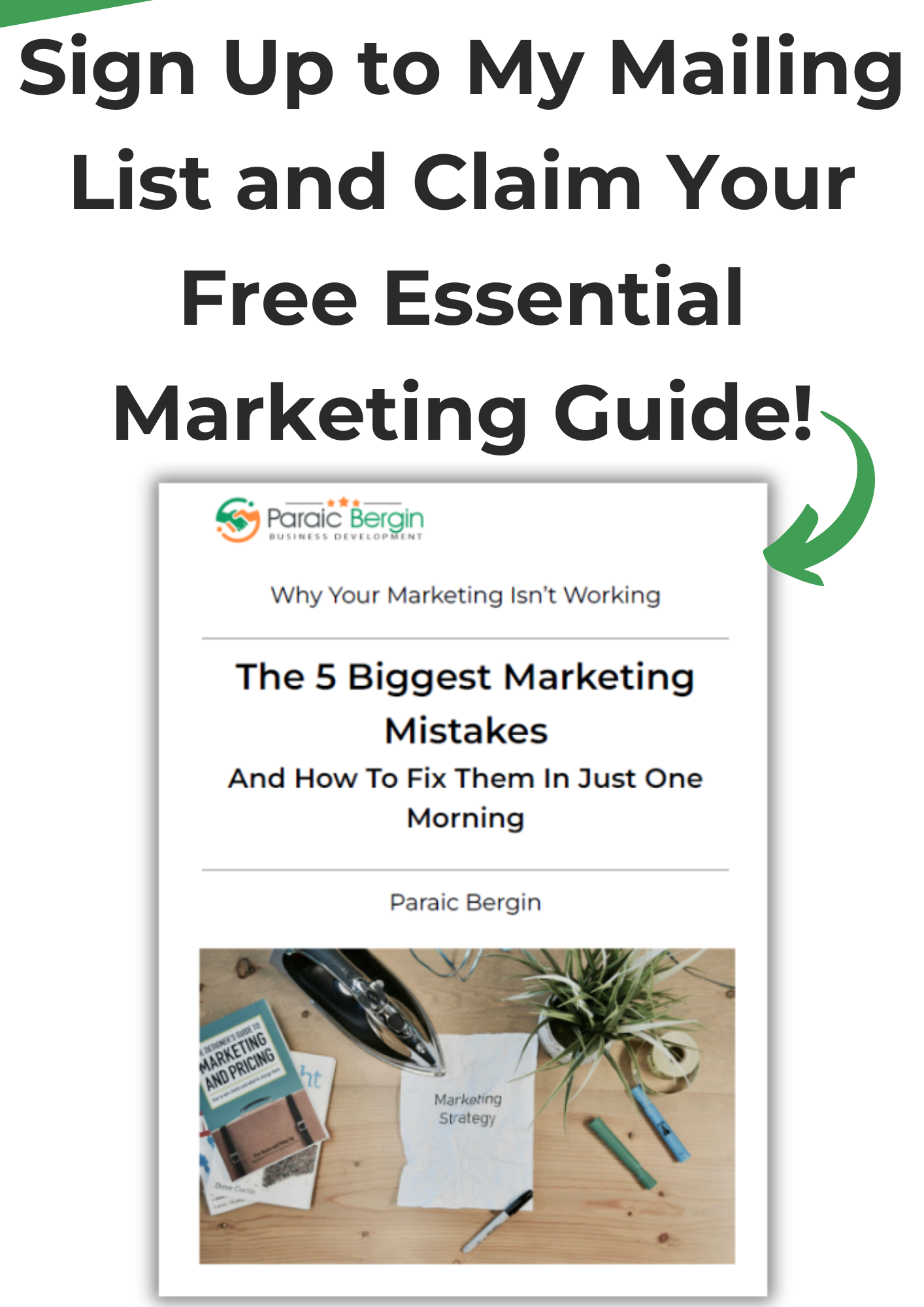Without wanting to get into a deep discussion on the nature of evolution, it would be fair to say that a majority do not have a working knowledge of Darwin’s “On the Origin of Species by Means of Natural Selection, or the Preservation of Favoured Races in the Struggle for Life”.
Many believe, or do not believe, “in” evolution – which is fine and fitting because it was above all else a Theory and not a statement of fact. So you can justifiably choose to accept and believe the thesis, or not.
The other characteristic of this Magnum Opus (literally, great work) is that it does not address the origin of species. Darwin’s focus was on the means by which species become differentiated over time. He based his theory on his research and observations as it circumnavigated the globe on the Beagle (1831-36).
While he collected substantial evidence of the “evolution” of species, he did not present any evidence of there being a common root to life. To this day, no such evidence has been presented that would answer the question of how species came to be in the first place.
[If you are interested in a human centered focus on Consciousness and Darwin, I heartily recommend Daniel C. Dennett’s “Consciousness Explained (1992) and his “Darwin’s Dangerous Idea” (1995).]
All this came to mind as I floated around Facebook – today’s font of knowledge, the holy grail of ephemeral illumination. I came across a quote from Trina Paulus’ Hope for the Flowers:
““How does one become a butterfly?’ she asked pensively. ‘You must want to fly so much that you are willing to give up being a caterpillar.’
‘You mean to die?’ asked Yellow, remembering the three who fell out of the sky.
‘Yes and No,’ he answered. ‘What looks like you will die, but what’s really you will still live.”
Now, I’ve nothing against Facebook, per se, and certainly nothing against Trina Paulus. And perish the thought I’d have it in for the caterpillar – my children were, like millions more, enthralled and delighted by the adventures of the “The Very Hungry Caterpillar” by Eric Carle.
It’s just that the caterpillar has no choice – it’s dissolve or die. (I recall being fascinated listening to a description of what happens chemically as the grub metamorphoses into a butterfly – it literally dissolves into a fluid out of which the new body is constructed!)
Human’s, by contrast, do not metamorphose. You die essentially the same creature as you were born.
Now it’s true that we adapt – and do so exceedingly well.
Too well, some would say. If “man” were less adept at colonizing the earth, we might not be at this environmental juncture.
Good nutrition and better healthcare together increase lifespan.
Feeding on animal produce, especially large vegetarian animals like cows and pigs has a knock on effect on height and mass. It’s no accident that “Westeners” who feed heavily on dense beef, pork and dairy products are bigger and bulkier that Eastern peoples who eat a largely vegetarian diet.
Our ability to make tools and clothing means no part of the globe is safe and our skin, the largest organ of all, is spectacularly well adapted for light and heat.
But what I’m most concerned with today is this idea that we evolve as beings – in consciousness and spirit. If this is true (and I don’t believe it is) I am justified in asking into what shall I evolve? And what evidence is there of this?
I prefer to think in terms of unfolding, rather than evolving. I believe I am whole, not missing anything. Allowing myself to unfold is the optimum choice. Denying my unfolding of that which is enfolded simply delays my state but has no impact on who and what I really am.
I wasn’t brought up this way. Unfortunately, my family was Roman Catholic and I was indoctrinated into a seething, rancid cult of self-hatred, self-condemnation, self-damnation with no prospect of salvation or redemption. And all before I was ten!
But I recall very clearly the first time in my adult life I experienced my Self. It was an autumn day in 1994 and it felt like coming Home. I knew in that moment that “I” was safe, was unharmed and unthreatened. Despite everything I feared and dreaded, under it all, I knew I was ok.
And the years since then have been a wonderful and painful journey, uncovering my “programming”, discovering my courage, and also – too often – giving in to my fears, my drive to be liked, my fear of rejection and ridicule, my need to be important, to matter.
And I know I am not a caterpillar – there is nothing else I need to become to be ME. If I want to experience me, all I need to do is stop being someone or something else.
That is hard.


